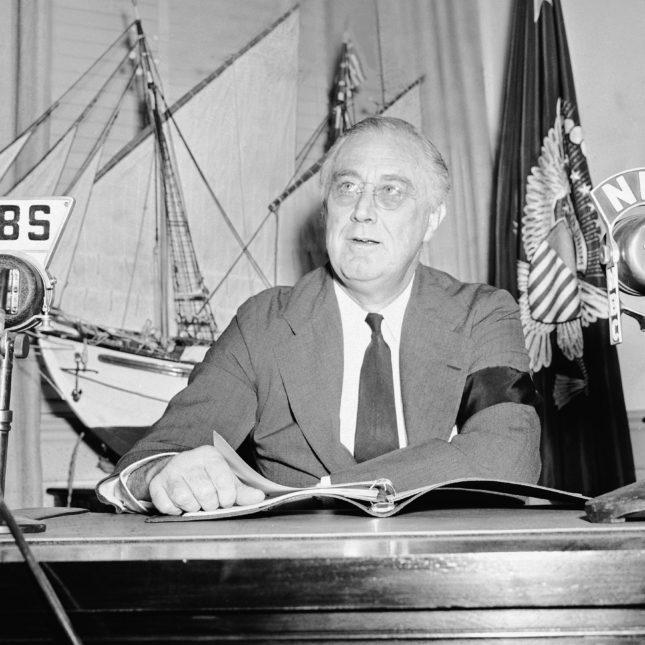Opinion: We need a national conversation about health — not just about health care

Last year, Americans borrowed approximately $88 billion to pay for health care. One in four of us skipped medical appointments because of concern about costs. Such statistics reflect a trend that has been going on for decades. In 1970, the U.S. spent $74.6 billion on health. By 2000, this figure had risen to around $1.4 trillion and by 2017 it was $3.5 trillion. Not incidentally, medical debt is now the number one cause of personal bankruptcy in the U.S.
This question — Are we paying too much for health? — has defined much of the health conversation in the U.S. over the years. Unfortunately, it is the wrong question. Here’s the right one: Is our spending making us healthier?
The answer, sadly, is no.
Compared to on a range of , from adverse birth outcomes to heart disease and sexually transmitted infections. At the same time, epidemics like opioids, gun violence, and obesity are further undermining health, contributing to . All of this has occurred as we have doubled down on our investment in doctors, medicines, and cutting-edge treatments.
You’re reading a preview, subscribe to read more.
Start your free 30 days





